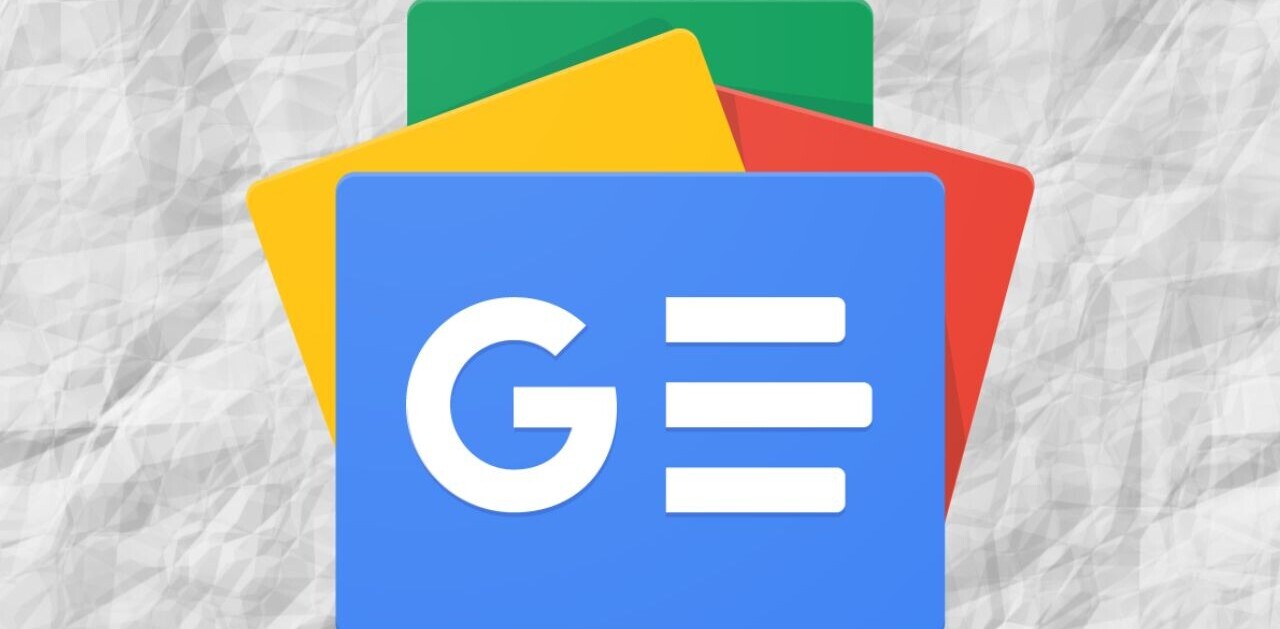
According to a release from Google, the company is trimming down its privacy policies and blanketing many of them underneath a single release:
“So we’re rolling out a new main privacy policy that covers the majority of our products and explains what information we collect, and how we use it, in a much more readable way. While we’ve had to keep a handful of separate privacy notices for legal and other reasons, we’re consolidating more than 60 into our main Privacy Policy.”
Now I will urge you to be careful here. There are some inflammatory headlines floating around, such as this one from The Washington Post:

The headline is a bit misleading. If you ever used a Google product, you would have to agree to the terms of service and you’d fall under a privacy policy. So in short you’ve never been able to “opt out” of privacy settings on Google, outside of some customization.
With the new policy in place, Google is taking a more proactive approach toward getting more relevant results to you no matter where you are. What is perhaps slightly different is that the blanket policy means that you will be treated as a single user across all Google services. So if you’re watching a YouTube video about cats, you might see a Google.com ad for pet food.
There’s a pretty good explanation in the video from Google, so it’s worth the couple of minutes that you’ll spend watching it:
So no, the sky isn’t falling and Google hasn’t changed much of anything. But it’s well worth being acquainted with how the company plans to handle privacy issues moving forward. For users, it should make things more simple, as long as you understand that whatever you do in Gmail can also be used to provide you “relevant” content elsewhere.
Get the TNW newsletter
Get the most important tech news in your inbox each week.




